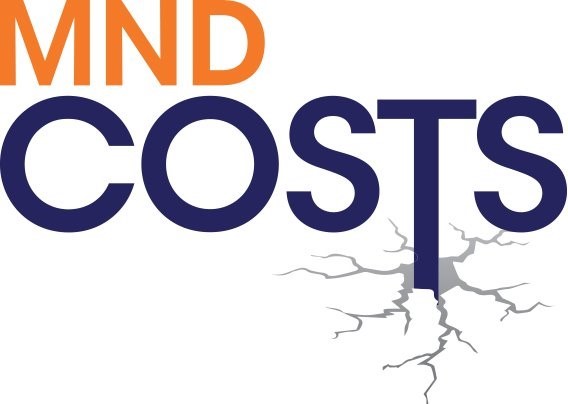People with MND are being forced to fund care themselves and wipe out their savings because:
- Benefits and entitlements are not enough to cover the costs MND incurs.
- Accessing financial support is too difficult and overwhelmingly complex to apply for and the system can also be too slow to respond. This is resulting in some people getting support when it’s too late, in some cases after the person with MND has died.
- Not enough people are being made aware of the financial support they are entitled to.
- Until now the cost of MND and the impact on people affected has been largely hidden, and not fully seen or understood by those with the power to change it.
We are campaigning to end the financial hardship faced by people with MND and their families.
